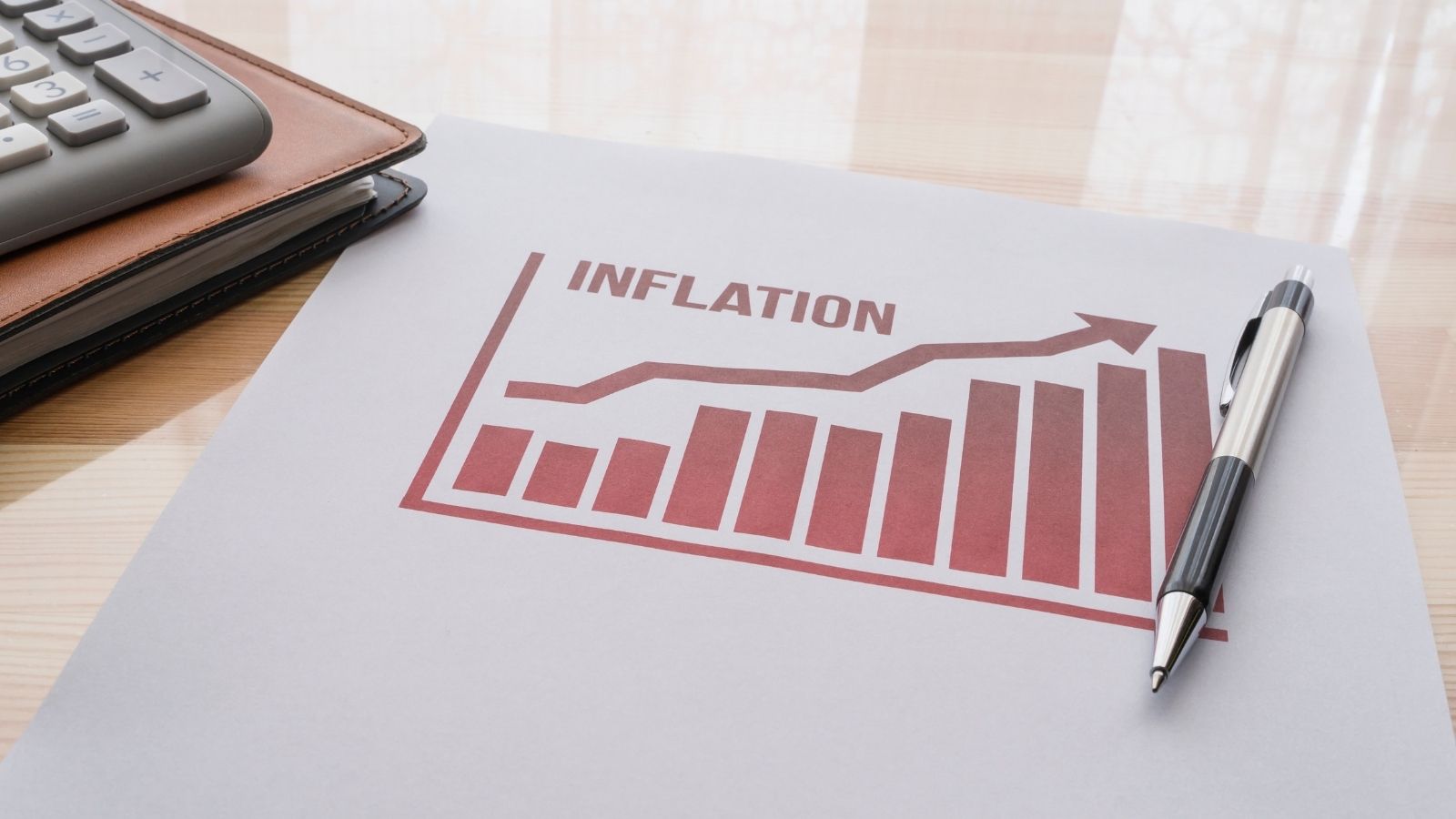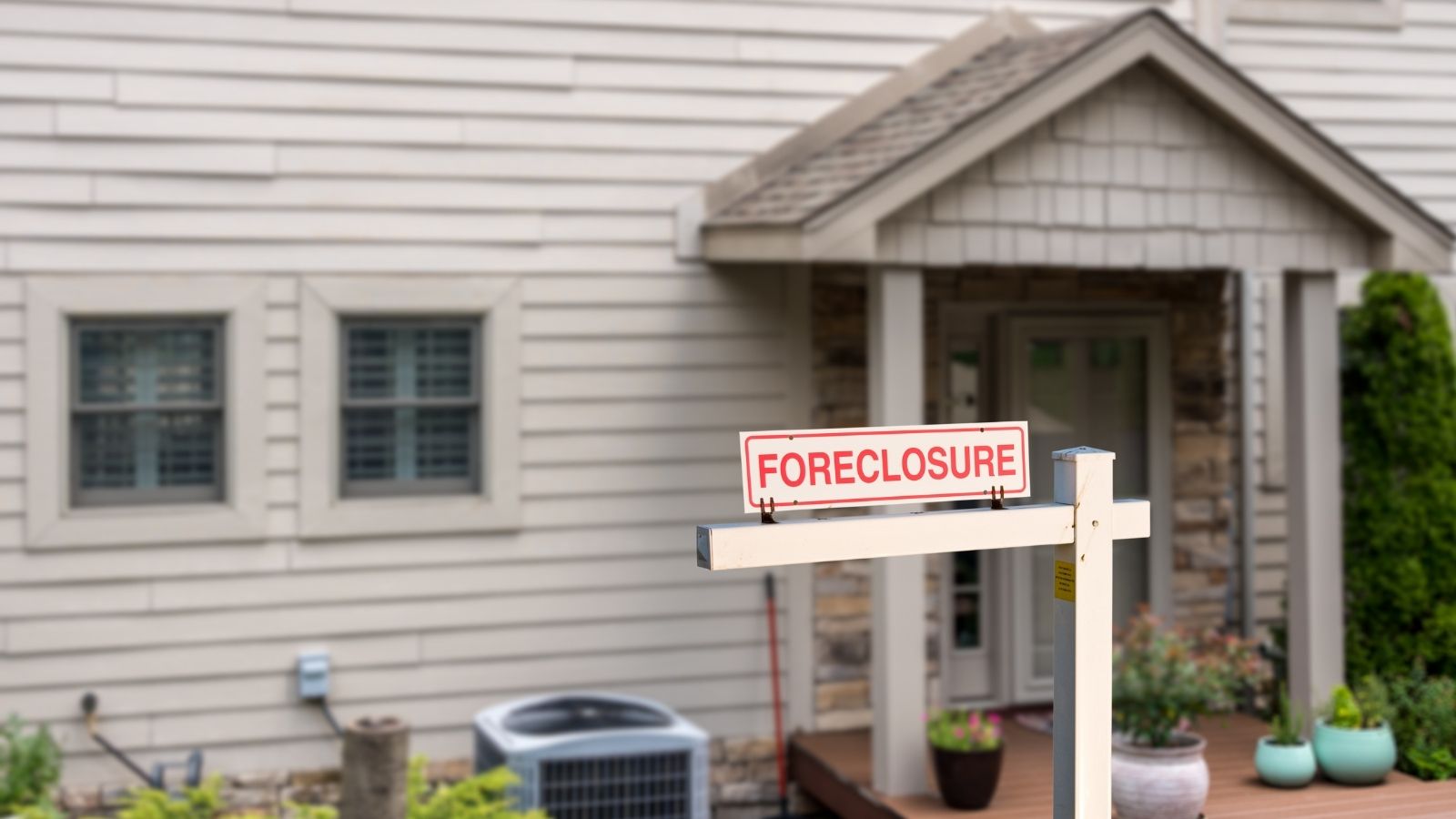A growing number of homeowners have started to panic sell their properties in recent years due to a variety of factors that are impacting the real estate market. While everyone’s situation is unique, there’s several common reasons fueling panic selling. We look at 17 key reasons why homeowners are rushing to sell:
Rising Interest Rates

Rising interest rates are making it harder for people to afford homes as monthly mortgage payments are becoming unattainable for , it’s getting tougher for homeowners to make ends meet. This is especially tough for those already struggling financially. In response, some homeowners are selling before rates rise further in the hope of avoiding financial strain.
Property Taxes Soaring

In many States property taxes have risen sharply, making homeownership more expensive than it’s ever been. This increase is often driven by rising home values and for some, the additional financial burden is too much to bear. As a result, homeowners are selling to escape the growing tax obligations.
Economic Woes

Many homeowners are feeling uneasy about their financial future due to the general economic uncertainty, which includes worries about a recession, job losses and market volatility. To mitigate risk, some are choosing to sell their homes while the market is still strong, rather than waiting for a potential downturn.
Housing Market Instability

The real estate market can be unpredictable, with prices fluctuating rapidly. Homeowners may want to sell soon in order to maximize their earnings before the market cools off if they are worried about a possible market crash or a drop in their property prices.
Inflation Concerns

Some homeowners are finding it more and more difficult to control their spending as a result of inflation raising the cost of living. Selling their house enables them to move to a more affordable location or downsize, which improves their financial management.
Job Relocation

Job opportunities often require relocation and in today’s fast-paced job market, many people need to move quickly. Homeowners who must relocate for work may sell in a hurry to ensure they can secure housing in their new location without delay.
Health Issues

Health challenges, whether personal or within the family, can prompt a sudden need to sell. Homes with stairs, large yards, or that are far from medical facilities can become impractical for those facing serious health issues, leading them to sell and find more suitable living arrangements.
Natural Disasters

Natural disasters like wildfires, hurricanes and floods have become more frequent and severe. Homeowners in high-risk areas may sell in a panic, especially if they’ve experienced damage or fear future events. This is particularly true if insurance costs have risen or coverage has become more difficult to obtain.
Neighborhood Decline

Changes in a neighborhood, such as increasing crime rates, declining school quality, or deteriorating infrastructure, can make an area less desirable. Homeowners may sell quickly to avoid further declines in property value and to move to a better location.
Foreclosure Fears

Homeowners struggling to keep up with mortgage payments may sell to avoid foreclosure. The stigma and financial impact of foreclosure can be severe, so selling the home can be a way to mitigate these consequences, even if it means taking a loss.
Changing Family Needs

As families grow or shrink, their housing needs change. Empty nesters may no longer need a large home, while growing families may need more space. These changing needs can prompt a quick sale as homeowners seek more appropriate living situations.
Downsizing for Retirement

Many retirees choose to downsize, selling their larger homes to move into smaller, more manageable properties. Selling might be greatly influenced by the financial benefits of downsizing, such as lower utility and maintenance payments.
Investment Opportunities

Some homeowners view selling as a way to liquidate their assets and take advantage of other investment opportunities. Selling a house might provide you the money you need to invest in stocks, bonds, or other investments because real estate markets are booming.
Divorce or Separation

Divorce or separation often necessitates the sale of the family home. In these cases, selling quickly can help both parties move on and finalize their financial and legal arrangements, even if it means selling under less-than-ideal conditions.
Capitalizing on Market Peaks

When homeowners believe the market has reached its peak, they may choose to sell to maximize their returns. Waiting too long could mean missing out on the opportunity to sell at a high price, so some choose to act quickly to capitalize on favorable market conditions.
Pandemic-Induced Changes

The COVID-19 pandemic has led to shifts in lifestyle preferences, with some homeowners seeking more space, moving closer to family, or relocating to areas with less density. Many have had to sell their homes as a result of these pandemic-related adjustments in order to find properties that better suit their new lifestyle.
Unmanageable Maintenance Costs

Older homes, in particular, can come with significant maintenance costs. From roof repairs to plumbing issues, the financial burden of maintaining a home can become overwhelming. Homeowners facing steep repair bills may decide to sell and move into a newer, lower-maintenance property, especially if they are retired or are preparing for retirement.
5 Canadian Provinces Predicted to Thrive in the Next Economic Boom

5 Canadian Provinces Predicted to Thrive in the Next Economic Boom
